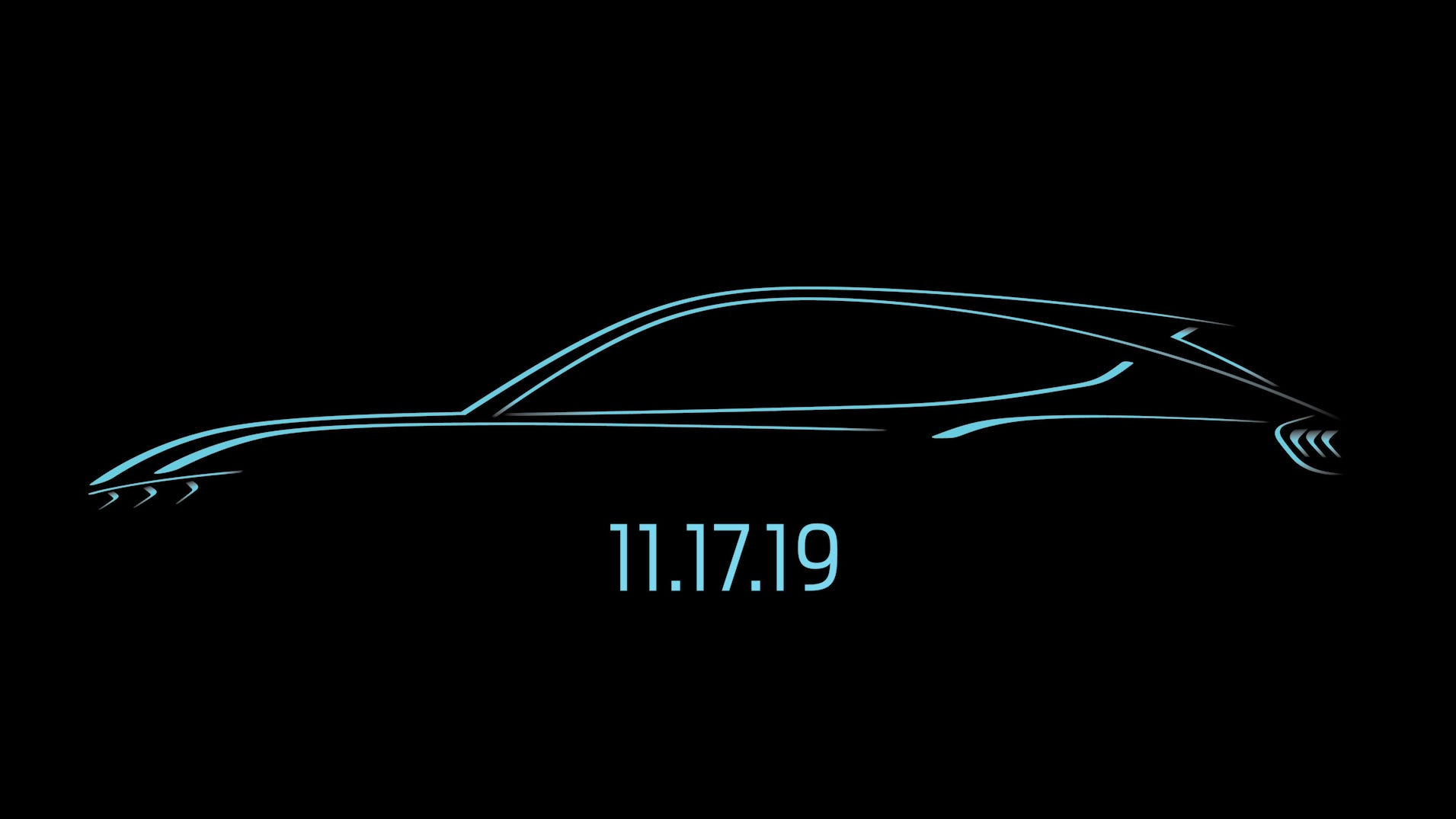Hi Ashful, I gave my specific examples - please provide your specific examples.
No problem. I can post some numbers tonight, it will be just re-running your math with the $.30/kWh rates a few others here have posted, along with their local gasoline prices. Again, I’m not disagreeing with your conclusion, the EV will almost alway be cheaper to fuel, I think I’ve been consistent in saying that. I’m just stating that very few are getting your $.10 - $.12 / kWh rates, and simultaneously paying the same as you for gas. That is all.
If your electricity price is 20 cents/kWh, then you save less, but you still save compared to gas
What is amusing here is that, while you’re too busy arguing to listen to what I’m saying, I’ve been sitting here agreeing with what you said, all along:
We agree on the conclusion,
@DBoon, the EV is almost always going to be cheaper to fuel. We just don’t agree on the exact numbers
I never called my 1/3 fuel cost a minimum, I just gave my real example and my belief that is was typical of what could be had.
You are correct, I apologize. What you said was:
the average driver would save a lot more than 3x on fuel costs.
I made no statements about the relative financial merits of hybrid vs. non-hybrid vehicles, so I'll just assume that this just belongs in another thread.
You seem to assume when I say “on a somewhat related tangent”, that I’m still responding to you. Let me make it clearer for you:
(broken image removed)
my view of hybrids is that they are the most soul-sucking driving experience available, offering none of the fun of a stick-shift gas car or the brutally raw low-speed torque or efficiency of an EV.
Actually, the Volvo I referenced makes 415 hp in hybrid, their best ICE in that model is only 250 hp. I’d take 415 hp in a small sports wagon over your Chevy Bolt, ten times out of ten.
Sure, we can equivocate about maintenance costs. I do know that I won't be paying $60 for a synthetic oil change every 5000 miles (that is $420/year at my rate of 35,000 miles per year), I won't be paying for brake pads, calipers, etc. probably ever. I'll never need a new muffler system ($300-400) or catalytic converter ($800-1000) or spark plugs. The list goes on. I'll need a new set of $600 tires every 50,000 miles or so, I'll need to rotate the tires every 8,000 miles or so - all things that a gas car needs as well. It's not hard to imagine a $1000 reduction in basic maintenance per year for an EV compared to a gas car, based on 35,000 miles of driving per year and based on a 5-6 year vehicle life (I've routinely put 200,000+ miles on my gas cars).
So, $1,400 a year in fuel costs plus $1,000 in maintenance costs per year = $14,400 in savings over a six year period.
All excellent points. Your figures may be a little optimistic (eg. I haven’t had to replace a catalytic converter or muffler on any car I’ve owned made in the last 25 years), but I agree with your overall point.
The debate in the original post was not about a higher-end EV having a lower total ownership cost based on fuel costs alone. ...The debate was about whether an EV cost more per mile to fuel than an efficient electric car (the poster described a hybrid that got a respectable 43 mpg).
Holy crap. The thread is about jebatty’s Tesla Model 3 dual motor EV, not your Chevy Bolt. Yes, it IS about a “higher-end EV”, and the associated cost of ownership.
It is clear - an EV never costs more to fuel compared to a gas car, probably typically costs 1/3 as much, and could cost even less than a 1/3 depending on what gas car you drove before.
Agreed. I was only pointing out that this is not ALWAYS the case for EVERY potential owner. Chill out man, and maybe read twice before jumping to the wrong conclusions about what you
think others are saying.

www.engadget.com


![[Hearth.com] Tesla Model 3 Parked in Our Garage [Hearth.com] Tesla Model 3 Parked in Our Garage](https://www.hearth.com/talk/data/attachments/249/249495-800f5394094328e02539f2f5f2edf709.jpg?hash=2NuxDu5_JL)


